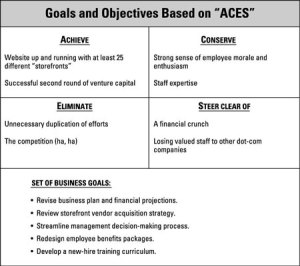What Are the Best Tips and Techniques for Goal Setting
Many things occurred throughout the course of your life. Some time a few of them change your life from one side to another way. Some huge things occurred, whether they were great accomplishments, or possibly a modification of professions. It fills the big things that were involved to change your ways of life from right path to wrong or from wrong to right direction. Fill in those occasions up until the present time.

What Are the Best Tips and Techniques for Goal Setting?
So now you have actually got all this time around left. Just what would you like to have happen between today and also the end of the life? Whatever your huge targets are, think about when you need those to occur and fill within the rest of your life time range. Your lifetime range is today full and you also can frame or upload it in which you can see it usually. It will offer as a note and motivator to you, assisting one to achieve your lifetime goals.
Today, you can develop a 12 months objective coordinator to post on the wall surface near your life time line. Create a long box (you may need a larger sheet of paper, some poster board, or a number of bits of paper taped together). The package is an additional long rectangle which has a box for almost any month associated with season. Inside each month for the following 12 months, write in your ultimate goal(s) for the month. Today you have actually your month-to-month diary!
At the start of every week, write down your weekly goals. Hold that published in your goal place by your life and 12 months targets.
Every night, create aside your goals when it comes to following day. Article them additionally in which all of the sleep of your objectives are. This could be a special wall surface, bulletin board, or space in your living room (possibly even a mirror).
Some people say to tell others concerning your targets, therefore someone makes it possible to be accountable. Individually, I reach my targets much better when I make use of the aforementioned techniques like weekly goals and objectives and perform not tell anybody else except maybe a close buddy. You have got to choose exactly what works best for you and go with it.